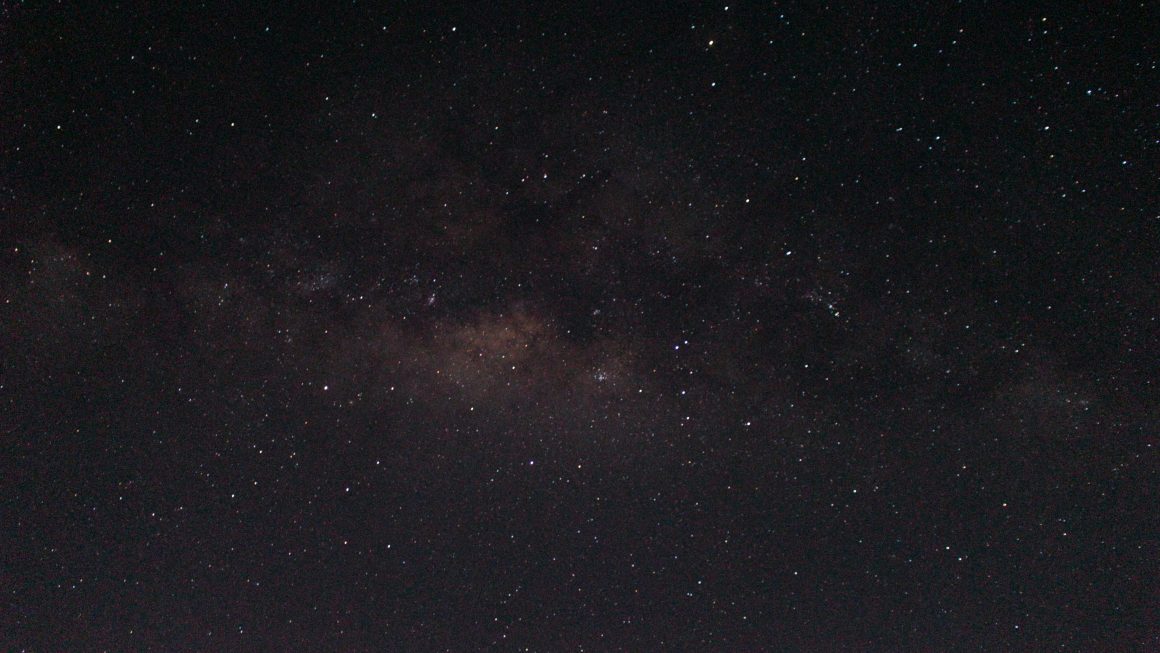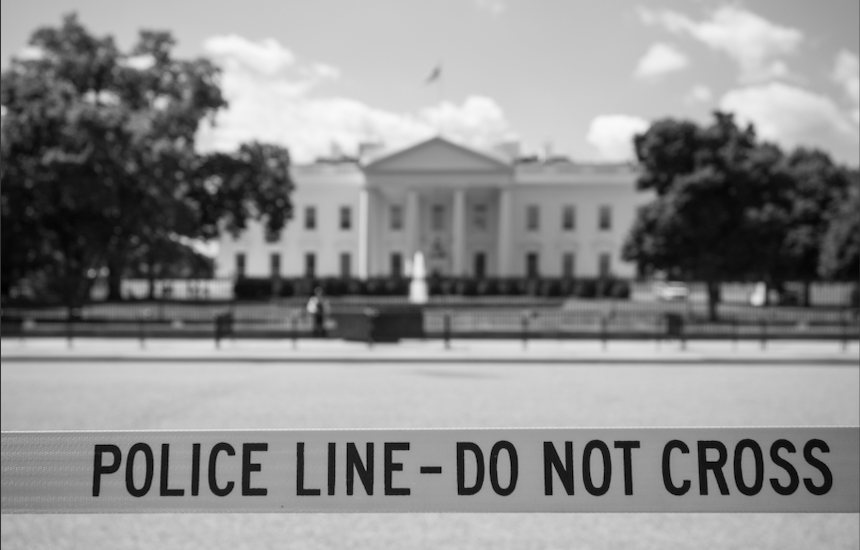This is the first in a series of posts about Serial 2, a podcast focused on the war in Afghanistan. It centered around Bowe Bergdahl, and I wrote responses to the podcast for my first semester International Relations major-required course, Introduction to World Politics. We learned about the international state system, and challenges to international politics today.
Serial 2’s podcast series is centered around the story of U.S. Army soldier, a Private First Class, Bowe Bergdahl. The first episode, DUSTWUN, was released in 2015, and is narrated and co-produced by journalist Sarah Koenig. Bowe was captured by the Taliban while serving in Afghanistan and held captive by them for almost five years. He was released on May 31, 2014, in exchange for the release of five Taliban Guantanamo Bay detainees, and is the longest-held American by the Taliban. One night, he walked off his post, called OP Mest in eastern Afghanistan, and attempted to walk in twenty four hours to a nearby base, FOB Sharana.
From Serial 2 Listening Guide’s Guardian photos and video, my sense of the OP Mest is a basic outpost in a very sparsely populated, mountainous area of Afghanistan. Areas of the OP shown in the photos have sandbags and military equipment (guns, gear, camouflage, barbed wire) by a central lookout area where soldiers take turns either standing watch or resting. The outpost has a dug-in area for soldiers to sit in, stay sheltered and hidden from the outside elements as they look over the landscape. The OP appears to be surrounded by a village or agricultural fields, and it looks like local people could walk up to where the soldiers are. In the photos, soldiers are lying down, reading, or in Bowe’s case, smoking from a pipe. From their posture and activities in the Guardian photos, the soldiers seem at least a little relaxed, or casual at a minimum, and not immediately engaged in a serious conflict or anticipating imminent danger. Soldiers interviewed by Koenig say that the job was to just be there for guard duty to patrol occasionally and not do much. In the podcast, Koenig states that Bowe even called it a TCP, or traffic control point.
Initiating a DUSTWUN was at the core of Bowe’s plan. It stands for ‘duty status whereabouts unknown,’ a radio signal when a soldier first goes missing that goes up the entire chain of command. Bowe wanted to trigger a DUSTWUN to capture the attention of his superiors, specifically because it meant he was missing not in a combat situation, but unaccounted for. After listening to the podcast, Bowe’s actions strike me as both planned and not meticulously considered at all. He took with him some food, water, a compass, a camera, his clothing and small knives. He left past familiar lookout posts, over a hill, past a town and into the open desert. About twenty minutes out, he realizes his actions have possibly dire consequences, he feels alone, he resolves himself to complete what he started but complicates his plan too, he justifies it in order to continue. As Koenig describes, he is “outside the wire in the dark.”
To me, Bowe’s decision is not rationally understandable. I think the Taliban is dangerous. The thought of leaving friends and safety behind does not make sense to me; striking out on my own in combat territory scares me. I do understand challenging leadership, but I do not understand how Bowe’s feelings, however strong, could result in his decision and actions.
Bowe and Koenig reiterate that his plan was to create a crisis and thus call attention to a crisis. I have to think, to make his actions understandable, that it would only be possible for someone to walk into hostility if there really was a larger issue at hand. But how could he have thought a twenty-four hour walk across twenty miles, in high altitude and in open desert would not result in capture? According to the 52 second fly over and The Plan blog post, the plan is physically possible for Bowe but not realistic. I would not be able to physically or mentally make it. The desert is arid, hot and dusty, and I am not a soldier. Even Bowe, in recorded conversation with filmmaker and journalist Mark Boal, called it “gutsy but still stupid.”
With a DUSTWUN, Bowe knew he would trigger an investigation, and hoped his chain of command would be questioned, that the crisis he says he was trying to highlight would be revealed. He would reappear, he would be investigated, but the higher ups would hear his story and maybe even listen to a lowly Private First Class before putting him in jail. I wonder whether Bowe was trying to be a hero, what mechanisms he had to voice his opinion, and if he had gone through basic training, had he not accepted that it was his responsibility to remain at OP Mest? Bowe states that he felt he was right, that lives were in danger and eventually someone would understand.
Throughout the episode, I realized how little I know about Afghanistan, about the Taliban, about the war there. In the beginning of the episode, Koenig describes the video of Bowe’s release. His head is shaved, he blinks in the sun, he looks to Koenig like a seventies “cult leader.” The Taliban around him all hold weapons, and dress Bowe in Afghan clothing. I wondered how countries and groups keep prisoners, and what exactly did it cost to bring him to the U.S., and what protocols set up a meeting between helicopters, Bowe in a car backseat and Taliban in open desert. Was he tortured? Did the Taliban purposefully keep him to trade him later?
What this first episode tries to reconcile is Bowe’s story of the events and the media and American public’s reaction to his return, and what alternatives could be true. In the aftermath of Bowe’s return, soldiers are upset, disgusted, feel betrayed, and the Army charges Bowe with two crimes. Bowe needs security detail to work. Bowe speaks only to Mark, who made The Hurt Locker and Zero Dark Thirty. Mark and Bowe’s conversations are used by Koenig, with their permission, to hear Bowe’s side of the story. In the recordings, Mark tries to understand why Bowe did what he did. As they talk, I want to know if Bowe’s charges have been dropped or not, and whether the narrative of Bowe’s capture by Taliban has changed by 2019. Koenig describes how Bowe’s return was heralded by former president Barack Obama, anticipated by his hometown and parents. Shortly after rescue, rumors circulated that he left his post on purpose and was captured, and it makes me wonder who started the rumors, and at what point in the timeline the hometown celebration was condemned and then cancelled.
It seems to me that Bowe’s age of 23 (at capture) is very young, that the DUSTWUN plan was stupid from the outset, and his story might not turn out to be more than that. To the military, and from the information I know, walking off on the job is unforgivable, but according to Mark, Bowe has really profound reasons for doing what he did. I want to know what they are, but I do not think I could ever know if they are true or fabricated over a five year imprisonment. I want to know if what Bowe did is forgivable or not, who thinks so, and why. I want to know how his family and friends felt when they found out he was DUSTWUN, then imprisoned. Why did his father learned Pashto and Urdu, and grew a beard. I want to know why he made his decision: what bad leadership put himself and his fellow soldiers in danger? I want to learn more about leadership expectations and ranking in the military, and who Bowe reported to, and why he stayed in training if he did not buy in completely.
By the end of Serial 2, I want to know if Bowe is a whistleblower, a deserter, a liar or an unlikely hero. When Bowe changes his plan at night, in the emptiness of the Afghan desert, it seems like he was trying to save himself, and I think he akin to a deserter. When Bowe talks about the mental difficulty of being in a dark room where he could not see himself, only touch his face and even that felt alien when he was held prisoner, I find him heroic in surviving intense solitude and sensory deprivation. When Bowe decides to try to catch an IED planter instead of walking on to the FOB, Bowe says he ties in his issue with bad leadership of his platoon to an idea of personal grandeur. He wants to prove himself, have something to show at the FOB to justify the DUSTWUN when he arrives, and I question why people join the military. It makes me question his originally stated motive, his intention to call attention to “crappy” leadership as whistleblower. It feels less stupidly heroic and possibly credible, and more selfish. Was a walk through Afghanistan ever a feasible plan?




